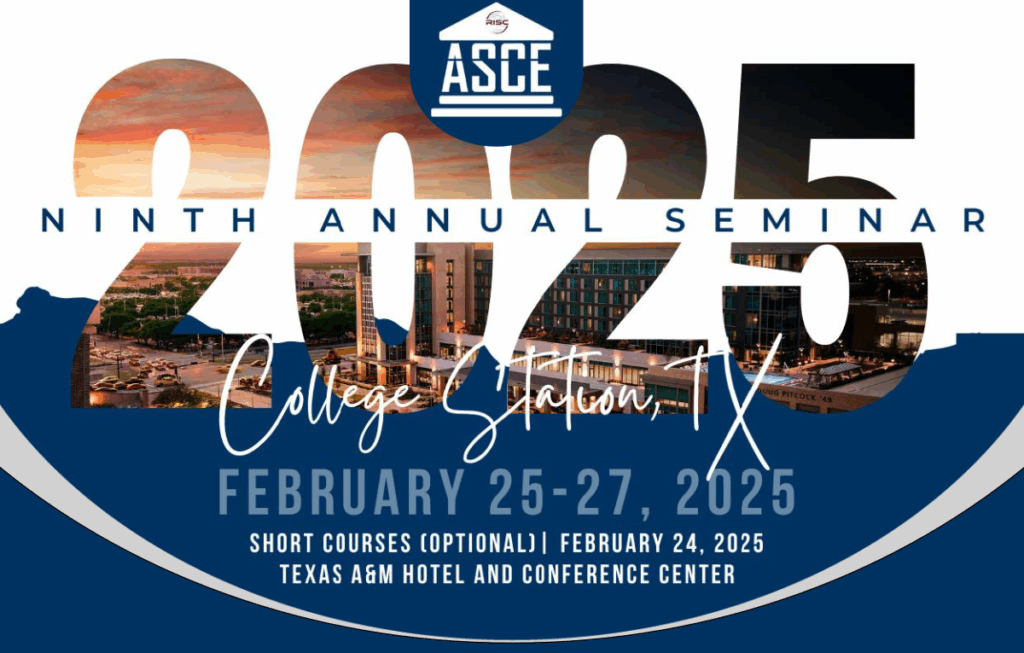Resources
RISC Institute News and Information

Feb. 26, 2025 – RISC Institute’s Research Security Training and Programs Highlighted at ASCE 2025. Read more>

Feb. 6, 2025 – Texas A&M System’s RISC Institute hosts 9th annual Academic security and counter Exploitation (ASCE) program. Read more>

Feb. 5, 2025 – Texas A&M Regents highlight research security efforts and innovation growth during meeting. Read more>

Dec. 14, 2023 – Texas A&M System Regents Approve Research and Innovation Security and Competitiveness Institute. Read more>
RISC Media Bulletin
The Academic Security and Counter Exploitation Program is coordinated by The Texas A&M University System Research Security Office as a service to the academic community. The RISC Media Bulletin is published and disseminated weekly.

Archives
- December 2025
- November 2025
- October 2025
- September 2025
- August 2025
- July 2025
- June 2025
- May 2025
- April 2025
- March 2025
- February 2025
- January 2025
- December 2024
- November 2024
- October 2024
- September 2024
- August 2024
- July 2024
